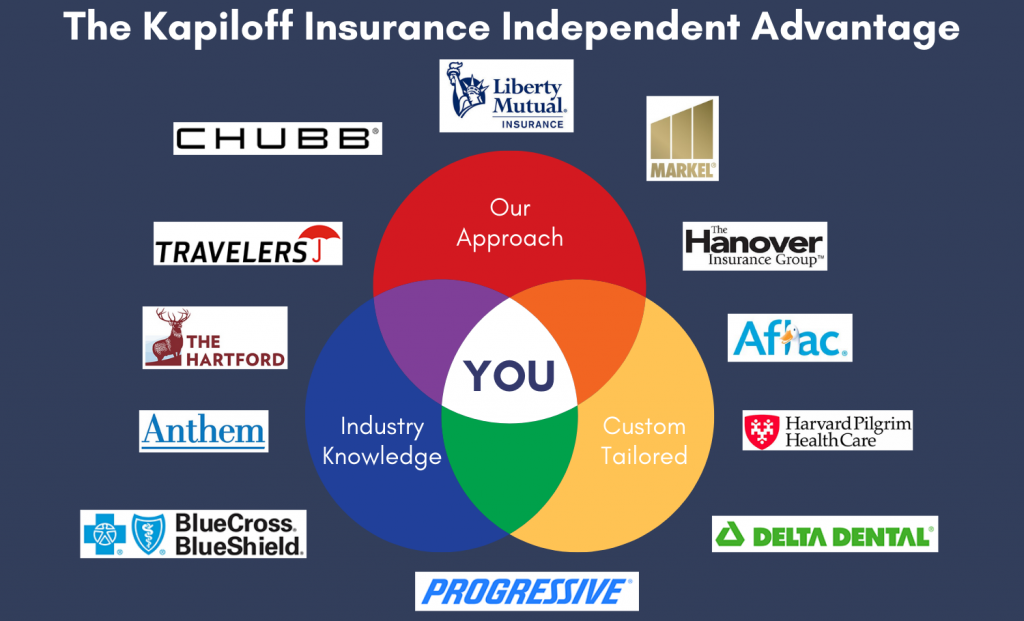3 ways to avoid outsourcing production risks
We’d love a chance to help you assess your risks, give our experts a call today at 603-392-7462.
In the manufacturing industry, companies outsource production to lower labor costs and stay competitive. While this has proven to be an effective move for some, the risks of outsourcing, if not properly managed, may adversely affect a company’s bottom line.
If you’re not aware of the inherent risks of outsourcing (especially overseas), the move could end up costing more than the anticipated savings. Before you go any further with the decision to outsource, consider the risks you could face. These risks fall under three main areas: quality, supply chain and reputation.
Quality control risk
The biggest issue facing companies that outsource manufacturing is quality control. Problems with quality may arise due to:
- Poor management
- Undisclosed cost cutting behavior
- Inexperienced employees or a lack of training at the facility
- Lack of a structured quality control (QC) or quality assurance (QA) plan in place
- Language barriers or inability to understand the requirements
Manufacturer consistency is rare. It’s common for manufacturers to make promises, but constant vigilance and quality assurance processes are necessary to ensure high-quality products.
Most of the time, poor quality is the result of poorly managed production. Regardless of the reasons, the ultimate responsibility for quality falls on you. You may need to take corrective actions to maintain a higher standard of quality and avoid increased costs caused by product defects.
Getting involved early on with the selection of your contract manufacturer is the best way to address QA/QC, according to Baysource. Baysource recommends auditing potential partners to understand their QC programs.
- How are they staffed?
- Are they certified to any international standards?
- Do they have any documentation? (Most suppliers proudly display relevant certificates.)
- Can they tell you about a time something went wrong, and how they addressed it?
“There are many different methods of ensuring quality products, but finding a manufacturer with a solid reputation and a policy of transparency when it comes to communications and quality assurance is important,” says Baysource.
The implications of a quality failure can be severe. When an outsourcer produces an inferior product, it might take you weeks or months to find out.
To set the right expectations from the beginning, Baysource advises finding a manufacturer that will:
- Agree to adhere to company standards
- Allow on-site inspections
- Collect QA data and make corrective actions to improve production quality
Reputable manufacturers will ensure your needs and expectations are met and will not shy away from answering questions on quality assurance. You should include these expectations in contracts at the start of the professional relationship. Making periodic inspections and continuous course corrections is suggested.
Supply chain risk
Global supply chain disruptions can affect you directly and significantly, and there are inherent risks in working with suppliers. But the risks associated with international manufacturing tend to be even greater.
You must thoroughly investigate potential source markets and suppliers, make an in-depth risk assessment and check your potential suppliers’ business practices of potential suppliers to uncover possible trouble spots.
Shopping for a supplier is best done by having a trusted intermediary investigate the suppliers locally and confirm their authenticity and production standards.
Single source risks
Having a single source for a critical process or component is risky. Suppliers can fold, a fire can erupt in the factory or a natural disaster can strike, leaving you without a product or company that knows how to make it. Manufacturers can hold you hostage if you don’t have a backup resource.
Contingency plans and backup supplies are mandatory.
Shipping delays
Shipping by sea or air is costly and allowances must be made for shipping delays (at least one month). Unplanned delays can cause serious disruptions, particularly if you’re transporting goods from international sources.
Reduce your risks by preparing detailed product specifications for suppliers and conducting independent quality control inspections (if they resist the idea of these inspections, proceed with caution).
Reputation risk
If your partners take risky shortcuts – such as cutting safety corners, using cheaper materials, or employing slapdash subcontractors – you and your customers may pay the ultimate price. A worst-case scenario is accidental deaths combined with serious reputational injury to your company.
Possible negative impacts on your brand name can also arise from human rights issues (e.g., bribery, corruption, hiring underage workers, poor treatment of workers, environmental violations, etc.). These areas must be carefully investigated before you retain a partner.
Intellectual property theft and copyright infringements
When companies share information with manufacturing partners in countries that have less stringent regulations on intellectual property rights, proprietary information is often leaked. Litigating infringements on your products can get very expensive very quickly.
Your product may be copied and sold locally or possibly internationally. Having a close and financially lucrative relationship is key to mitigating this risk.
Anytime you use a manufacturing partner, you need to manage their tasks through documented business processes, contractual agreements and software tools. Without building the processes and infrastructure to support this approach, the benefits of outsourcing will be offset by newly introduced risks and their associated costs.
Important do’s and don’ts
Here are important do’s and don’ts to consider when outsourcing your company’s production.
Do’s
- Engage a liaison company to work on your behalf. A trusted partner who knows the “ins and outs of outsourcing your manufacturing to a foreign company can greatly increase your chances of saving crucial money while still offering the highest quality goods,” according to ITI Manufacturing.
- Start assessing risks early. Properly understanding your challenges from the start of the project will help you assess your outsourcing options and build risk management strategies.
- Inspect the facilities and insist on safe working conditions. If the manufacturer can’t satisfy your safety standards, you’re better off finding another firm. In addition, during the manufacturing process, inspect the facilities and check on progress with your orders.
- Conduct ongoing risk assessments to identify potential cybersecurity vulnerabilities. In addition, review your cyber insurance policy for first and third party coverage.
- Plan a clear exit strategy. The relationship might end prematurely or may simply run its course. Either way, make sure that your service agreement contains a clear exit strategy.
Don’ts
- Put the production schedule in a bind due to unrealistic timelines. A flexible production timeline that allows for delays is best when working across time zones.
- Neglect to consider many of the hidden costs associated with outsourcing. Some costs may be recognized up front, but companies often fail to account for the inevitable upward creep of these costs over time. Some costs are simply impossible to calculate.
- Never rely on low quality materials just to keep your cost in check. “Regardless of the amount of manufacturing you plan to do, using low quality materials is going to impact the overall reputation of your business,” says Baysource.
- Underestimate the complexities of getting back to business after a disaster. Smart companies develop business continuity plans long before any trouble surfaces. Failing to do this exposes you to massive losses in terms of money, time and reputational damage.
Outsourcing has become a regular way of business, but it has also created a new set of risks and challenges. If these risks and challenges aren’t clearly understood and systematically addressed, your business may face unnecessary exposures and loss of time and money.
Contact your insurance professional for assistance assessing your business exposures if you are considering an outsourced production plan.
Copyright © 2019 Applied Systems, Inc. All rights reserved.
Manufacturing Insurance that Fits Your Business
Kapiloff Insurance knows your industry, and can match you up with the custom coverage you need to protect your business when the unexpected happens. Through our innovative approach we represent a large network of insurance companies, and are always ready to tailor a policy to your needs.
Talk to us about your business.
Let’s start a conversation and see how we can help. Fill out our short form or give our experts a call today at 603-392-7462.
GET A FREE QUOTE NOW


